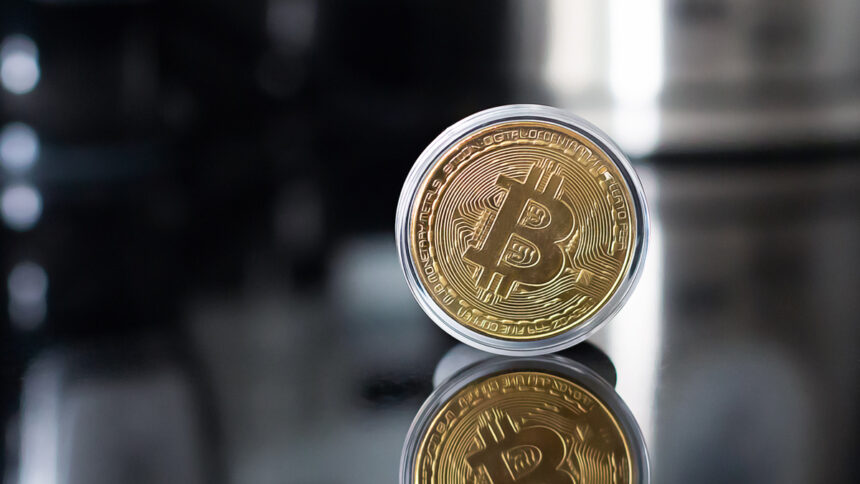The recent increase in Bitcoin’s value has prompted several countries to explore the inclusion of digital currency in their national reserves. Countries such as the United States, Brazil, Poland, and Russia are seriously evaluating the use of Bitcoin  $106,302 as a reserve asset. The integration of cryptocurrencies into economic strategies could reshape international financial markets.
$106,302 as a reserve asset. The integration of cryptocurrencies into economic strategies could reshape international financial markets.
United States Plans to Establish Bitcoin Reserves
The United States is taking significant steps toward creating a strategic Bitcoin reserve. Wyoming Senator Cynthia Lummis introduced a bill titled “Bitcoin Law,” which proposes that the U.S. acquire 200,000 Bitcoins annually over the next five years.
Former President Donald Trump expressed support for the bill, stating, “The policy of my administration will be to secure all Bitcoin assets for the U.S.” It has been disclosed that the Bitcoins will be stored in secure vaults operated by the U.S. Department of the Treasury. This initiative aims to diversify the Federal Reserve’s funds.
This move by the U.S. serves as a significant example of viewing cryptocurrencies as reserve assets. Officials believe that this action will enhance economic resilience and reduce financial risks.
Brazil, Poland, and Russia Outline Crypto Plans
Brazil plans to back 5% of its international reserves with Bitcoin. Federal Deputy Eros Biondini stated, “Bitcoin will provide protection against currency fluctuations and geopolitical risks.” The Central Bank of Brazil will manage Bitcoin in collaboration with the Ministry of Finance.
In Poland, presidential candidate Sławomir Mentzen aims to attract investment through crypto-friendly laws. Mentzen argues that adding Bitcoin to national reserves will enhance Poland’s financial flexibility.
In Russia, some lawmakers propose accumulating cryptocurrencies in the state treasury. Deputy Foreign Minister Alexander Pankin mentioned, “In the future, digital assets may replace the dollar in international payments.” The country has developed legal regulations for cryptocurrency mining and the use of digital assets.
Integrating Bitcoin into national reserves may signal the beginning of a new era in economic strategies. However, the adequacy of regulations and technological infrastructure remains critical. Diversified reserve strategies aim to enhance countries’ economic resilience, positioning Bitcoin not just as an investment vehicle but also as a strategic reserve asset.

 Türkçe
Türkçe Español
Español









